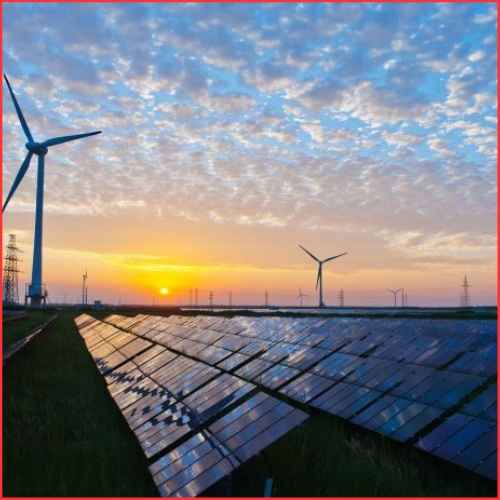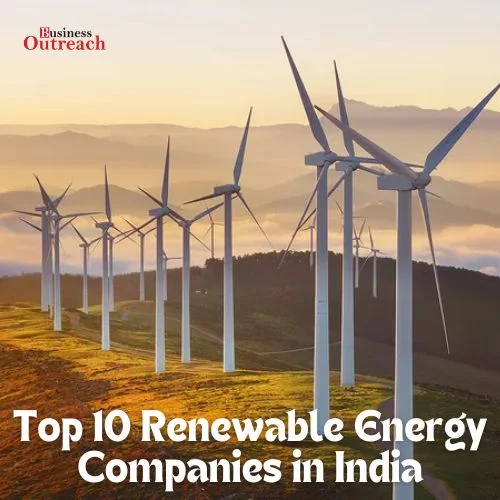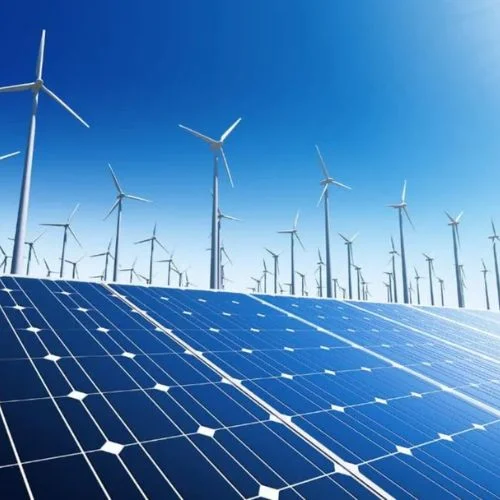Before the EU elections, the European Commission is set to urge on Tuesday that the EU cut its net greenhouse gas emissions by 90% by 2040. This goal will gauge political support for Europe’s aggressive climate change policy.
According to Reuters-viewed drafts of the Commission’s recommendation, the EU will support the goal of a 90% net reduction in greenhouse gas emissions from 1990 levels.
The 2040 target seeks to maintain the European Union’s member states on course to meet both its long-term objective of reaching net zero emissions by 2050 and ending Europe’s continued contribution to climate change, as well as its current 2030 climate goal.
The EU plan, which was formulated in the midst of European farmer protests and political backlash against several EU green legislation, is centred on maintaining public support and European companies.
According to a draft of the EU plan seen by Reuters, which may alter before it is published, “extra focus will be needed on the enabling conditions for businesses and citizens to master the transition” in order to extend the European Green Deal throughout the decade up to 2040.
“Climate action has to take everybody along,” it read.
The political discussion on the aim will begin on Tuesday, but the ultimate legal proposal will come from the newly constituted EU Commission that will be established following the June EU elections.
Europe’s climate policy is about to enter a challenging political stage as it starts to affect delicate areas like farming and conventional businesses are up against heavy competition from China in the green tech space.
Agriculture was supposed to reduce its non-CO2 emissions by 30% from 2015 levels by 2040, according to the draft. However, EU officials hinted on Monday that this politically contentious industry may not meet this goal in the final version.
Plans for capturing and storing hundreds of millions of tons of CO2 emissions by 2050 are outlined in a second EU document that is also scheduled for publication on Tuesday. This is only one of several sectors that will require significant investments in new technology.
With the phase-out of coal-fueled power and an 80% reduction in the overall usage of fossil fuels, the 2040 aim would drastically alter Europe’s energy mix and replace it with nuclear and renewable energy sources.
A 90% reduction in emissions falls within the official climate science advisories’ recommended range of 90–95%.
The draft document also outlined the consequences of not addressing climate change, including increasingly damaging extreme weather events. If global warming is not kept to 1.5 degrees Celsius above pre-industrial levels, it is predicted to result in additional expenses of 2.4 trillion euros by 2050.
In comparison to 1990 levels, the EU’s greenhouse gas emissions were 33% lower in 2022.















